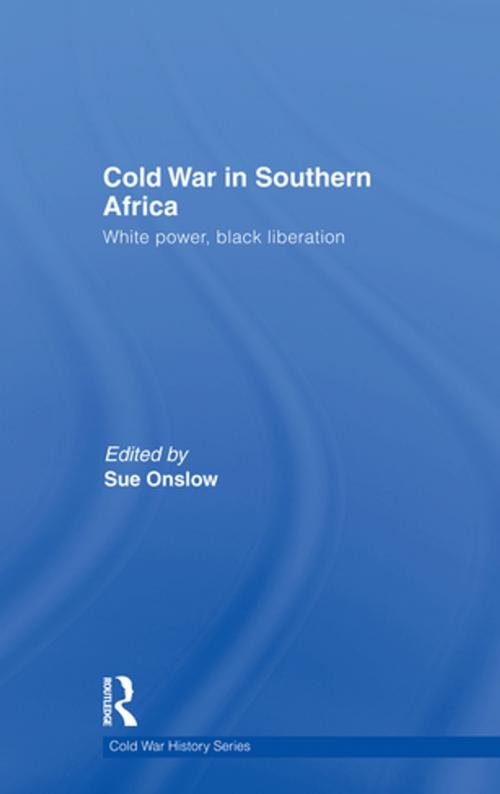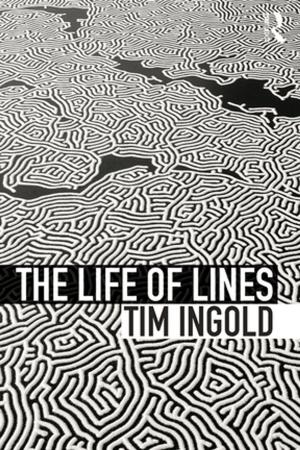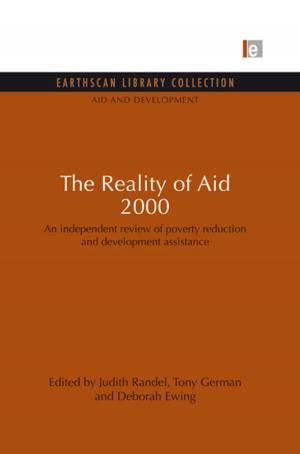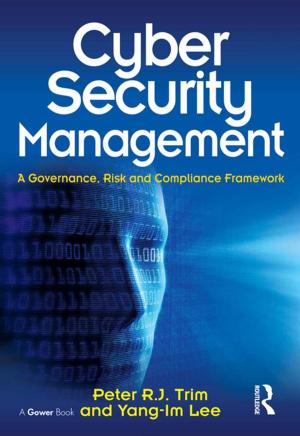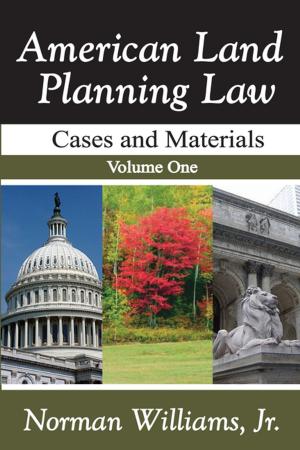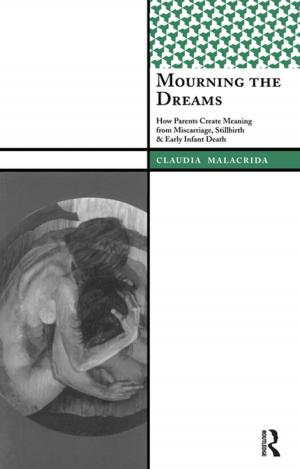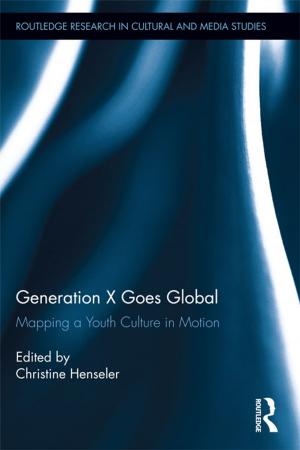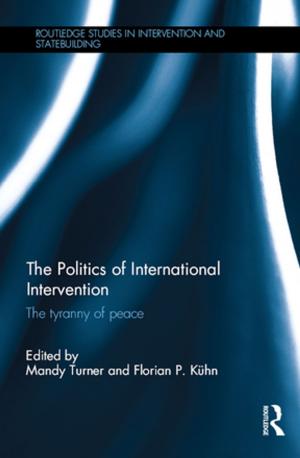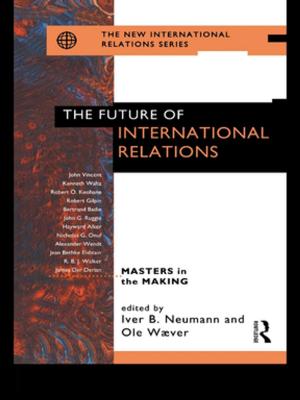Cold War in Southern Africa
White Power, Black Liberation
Nonfiction, Social & Cultural Studies, Political Science, International, International Relations, History, Military| Author: | ISBN: | 9781135219321 | |
| Publisher: | Taylor and Francis | Publication: | September 10, 2009 |
| Imprint: | Routledge | Language: | English |
| Author: | |
| ISBN: | 9781135219321 |
| Publisher: | Taylor and Francis |
| Publication: | September 10, 2009 |
| Imprint: | Routledge |
| Language: | English |
This edited volume examines the complexities of the Cold War in Southern Africa and uses a range of archives to develop a more detailed understanding of the impact of the Cold War environment upon the processes of political change.
In the aftermath of European decolonization, the struggle between white minority governments and black liberation movements encouraged both sides to appeal for external support from the two superpower blocs. Cold War in Southern Africa highlights the importance of the global ideological environment on the perceptions and consequent behaviour of the white minority regimes, the Black Nationalist movements, and the newly independent African nationalist governments. Together, they underline the variety of archival sources on the history of Southern Africa in the Cold War and its growing importance in Cold War Studies.
This volume brings together a series of essays by leading scholars based on a wide range of sources in the United States, Russia, Cuba, Britain, Zambia and South Africa. By focussing on a range of independent actors, these essays highlight the complexity of the conflict in Southern Africa: a battle of power blocs, of systems and ideas, which intersected with notions and practices of race and class
This book will appeal to students of cold war studies, US foreign policy, African politics and International History.
Sue Onslow has taught at the London School of Economics since 1994. She is currently a Cold War Studies Fellow in the Cold War Studies Centre/IDEAS
This edited volume examines the complexities of the Cold War in Southern Africa and uses a range of archives to develop a more detailed understanding of the impact of the Cold War environment upon the processes of political change.
In the aftermath of European decolonization, the struggle between white minority governments and black liberation movements encouraged both sides to appeal for external support from the two superpower blocs. Cold War in Southern Africa highlights the importance of the global ideological environment on the perceptions and consequent behaviour of the white minority regimes, the Black Nationalist movements, and the newly independent African nationalist governments. Together, they underline the variety of archival sources on the history of Southern Africa in the Cold War and its growing importance in Cold War Studies.
This volume brings together a series of essays by leading scholars based on a wide range of sources in the United States, Russia, Cuba, Britain, Zambia and South Africa. By focussing on a range of independent actors, these essays highlight the complexity of the conflict in Southern Africa: a battle of power blocs, of systems and ideas, which intersected with notions and practices of race and class
This book will appeal to students of cold war studies, US foreign policy, African politics and International History.
Sue Onslow has taught at the London School of Economics since 1994. She is currently a Cold War Studies Fellow in the Cold War Studies Centre/IDEAS
